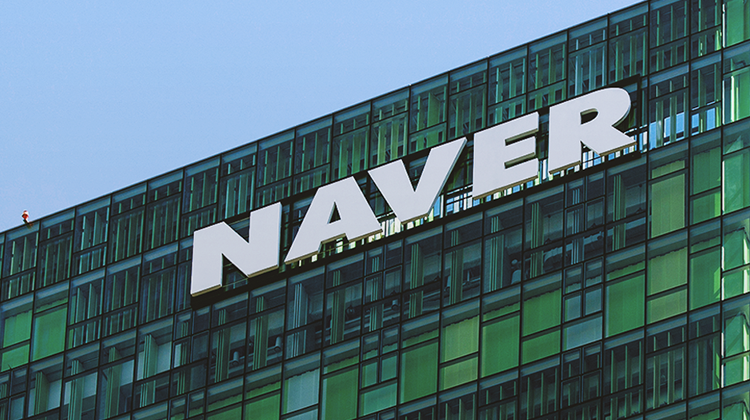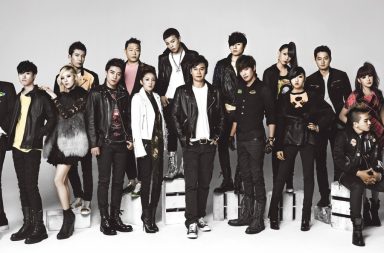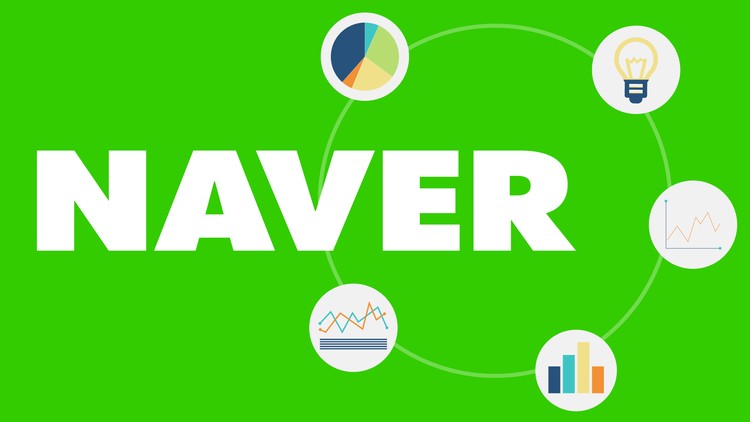
From viewing new media, keeping up-to-date with news, or discussing a recent scandal, the international K-pop fandom lives online, whether on social media or mainstream forums. International fans rely on fan translators and K-Pop focused news sites to make sense of Korean content. These sources, in turn, rely on the information available on Naver (considered Korea’s Google). In other words, translations are a secondary source of the original news on Naver.
However, with the possibility of Naver having manipulated news during the YG Entertainment scandal earlier this year, how credible is the information that is being delivered to international fans? Our writers Gina and Rimi weigh in.
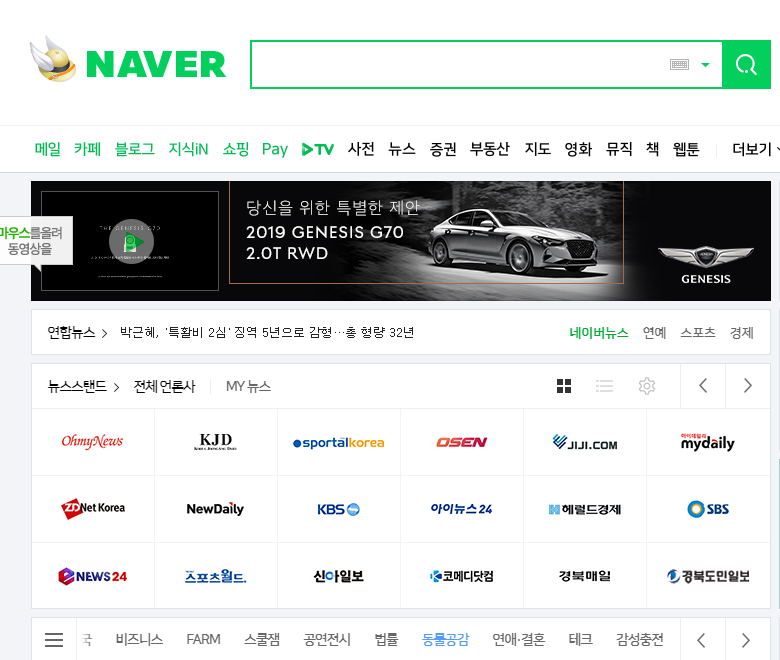
Powered with a sustained research in AI, robotics, mobility, and other technological trends, as well as the leadership of a female CEO, Naver Co. has prided itself on being a forward thinking, technology giant. It hosts the dominant search engine Naver, which is responsible for the consumption of up to 124 news publishers online. These are Naver’s news in-link partners. Naver purchases their content, edits it, and posts it on its own portal. Furthermore, Naver has around 500 unpaid news outlets considered as search partners. Similar to Google, users can search and access their sites via Naver. Naver restricts news content solely to these approved publishers. This eligibility to be listed as on Naver is determined by the Committee for the Evaluation of News Partnership (CENP), which is largely filled with industry and media representatives.
With news stacked alongside advertised websites, shopping links, V-live videos, curated images, and more, Naver is positioned as a one-stop access for all things potentially sought online. Unlike Google where users search for information, Naver displays varied content all at once for users’ perusal. For a country whose internet penetration reaches 93%, online news consumption reached 84% last year, with 65% of that consumption done via Naver.
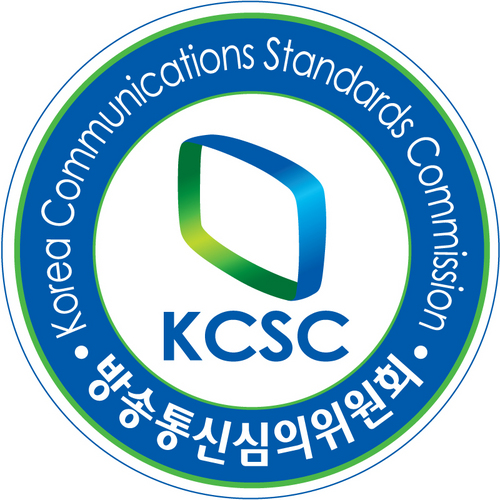
In an effort to monitor information available online, the government has created regulatory bodies such as the Korea Communications Commission (KCC) and Korea Communications Standards Commission (KCSC). Both the KCC and KCSC are meant to work with the purpose of fair, neutral, and transparent news regulation. But these bodies too have previously been under fire for political bias. The former is a regulatory commission that works as a subordinate of the presidential Blue House. Meanwhile, the KCSC is supposedly Korea’s independent censorship agency, but wrought worries through the monitoring and censoring of online content that was against the government (mainly ex-president Lee Myung-bak). Its members are chosen by – and include those of — the National Assembly, thus keeping media close at hand with those in power.
It is thus unsurprising that Naver is no stranger to practicing censorship based on libel, political defamation, or simply higher personal interest in the form of putting out fake political news (hence, the birth of a wide range of fact-checking teams in news agencies such as JTBC). Such acts have included altering the trending chart and deleting comments or content. Over the years, neutrality has become a vague concept for the portal, as it has catered to certain vested interests upon request, thereby compromising transparency for favor.
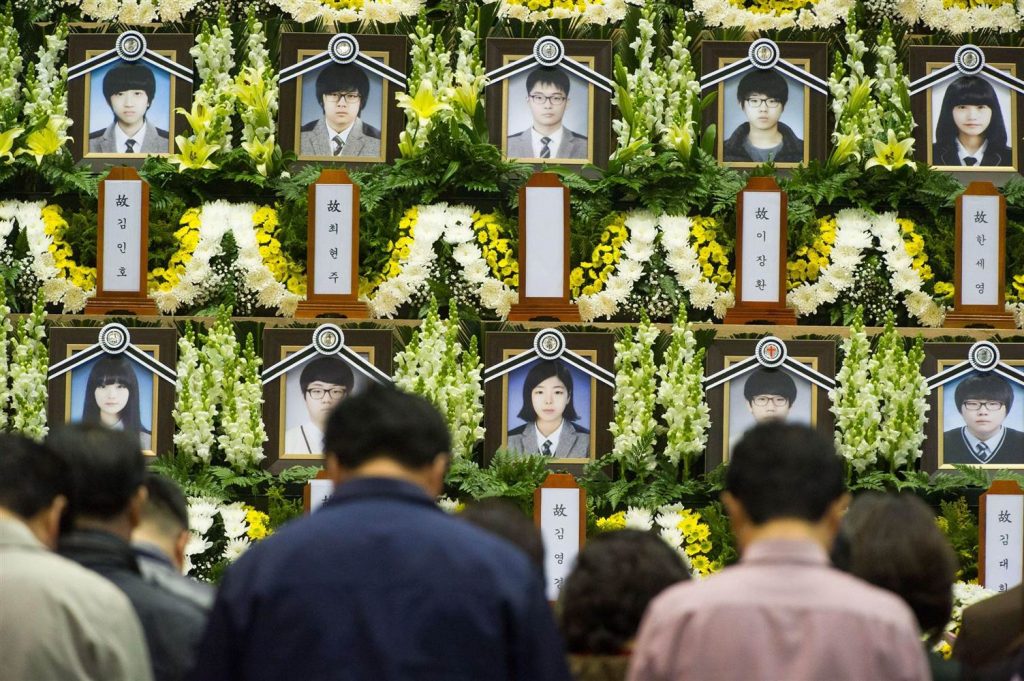
For instance, the portal deleted the keywords “seven hour operation,” suggested when a user would look up former President Park Geun-hye. The keyword referred to the rumor that the President’s response to the Sewol ferry disaster in 2014 was delayed due to a plastic surgery procedure. Naver justified this by classifying the keyword in its “rumor” category. Similarly, data from the Korea Internet Self-Governance Organization (KISGO) shows that Naver deleted 15,584 keywords related to those involved in the Park administration’s corruption between October to November 2016. Naver justified this deletion on the grounds of protection of privacy.
While there is nothing in the law forbidding Naver from doing any of the above actions, Naver’s actions in effect, curtail the public’s “right to know”. The censorship seems inherently wrong because the company, a private entity potentially acting in its own interest, has unilaterally decided what the public is entitled to know. The first confirmed case of Naver’s news manipulation occurred in 2017, when Naver pulled out an article critiquing a K League football organization. Further suspicions include downgrading stories that potentially go against the current political regime, according to both locals and news channel YTN.
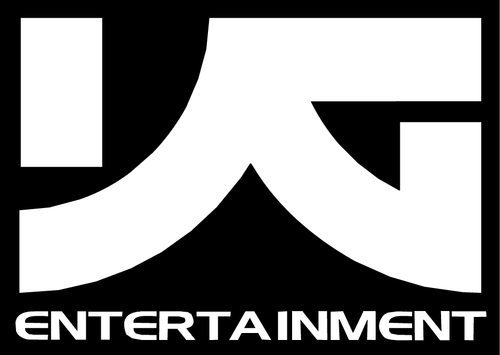
Naver’s actions raise conflict between the public’s right to know (essential for any democracy) and reasonable limits to the free flow of information. Pertinently for K-pop fans, Naver’s instances of serving a selective few have also included YG Entertainment. Most recently, the portal was caught manipulating information regarding YG — this time, for its own gain. In 2017, Naver invested 100 billion KRW ($8.85 million) into YG, with half on shares, making Naver one of the largest shareholders in the entertainment company. As a result, any negative news concerning YG means that the value of Naver’s own investment in the company would suffer. In 2019, for instance, with the Burning Sun scandal, YG’s stock prices fell drastically by over 40%, along with Naver’s investment.
This may explain why Naver’s coverage on the entire scandal has been disappointing. This is by no means an attempt to fault the journalists. In particular, journalist Kang Kyung-yoon has been hailed for opening the Pandora’s Box on Jung Joon-young’s KakaoTalk chatrooms with Seungri. When the news broke, Naver rearranged news articles on display to maintain attention on Jung and Choi Jong-hoon. Articles related to YG, Madam Lin or Jung, and more were either placed below the scroll of the news page, or removed from the trending list altogether. One could potentially blame algorithms, but for such crucial news to not be on the front page seems to signify Naver’s prioritising of its stocks in YG over the public’s right to know.
Similarly, Naver favored YG during the B.I and Han Seo-hee scandal. Naver’s coverage focused on these two figures in an attempt to divert attention away from YG, the company. Though Han requested the public to focus on YG’s controversies over her name as a whistleblower, Naver’s agenda promoted otherwise. Netizens complained about Naver’s prioritizing even the smallest of news about Han and B.I simply due to the names attached.

Moreover, articles about Winner’s Lee Seung-hoon spammed the Top 30 article list with an unusual urgency, despite Lee only being affiliated with Han via a text conversation. If anything, the sketchier aspect was YG’s Representative, referred to as K, coming in place of Lee to meet Han the following day, though this was kept out of the news as much as possible. Any other news related to YG’s ongoing controversies conveniently disappeared for a few days, as B.I, Han, and Lee were thrown under the bus. While prioritizing what appeared to be more recent news over older news is a common practice with news and media, the same news appearing in a constant list from separate publishers warrants suspicion over Naver’s neutrality.
It is clear that Naver’s coverage on everything from the Burning Sun scandal to YG’s idols has severely cut down Naver’s credibility as a compiler of news. The list of those affected by Naver’s partiality also extends to include international readers and translators. Over the years, international translation culture has grown from limited content available on blogs and older sites such as Soompi, to translations of nearly everything from lyrics to Instagram stories, V-live segments and tweets. With this steady surge in content, translations have clearly grown high in demand. The hustle is real, but so is the potential for a drop in quality. Barriers such as culture, language, and proximity mean that something is always lost in translation. When coupled with Naver’s tendencies to manipulate or censor material altogether, the difference in domestic and international news awareness becomes even more jarring.
To be fair, Naver has reportedly promised to rely solely on computer algorithms over human editors, and to practice greater transparency. Nonetheless, because it constitutes a huge presence in the consumption of Korean Journalism, including topics of K-pop, Naver’s practices tend to bring up the question of how much international consumers may be compromised even today.
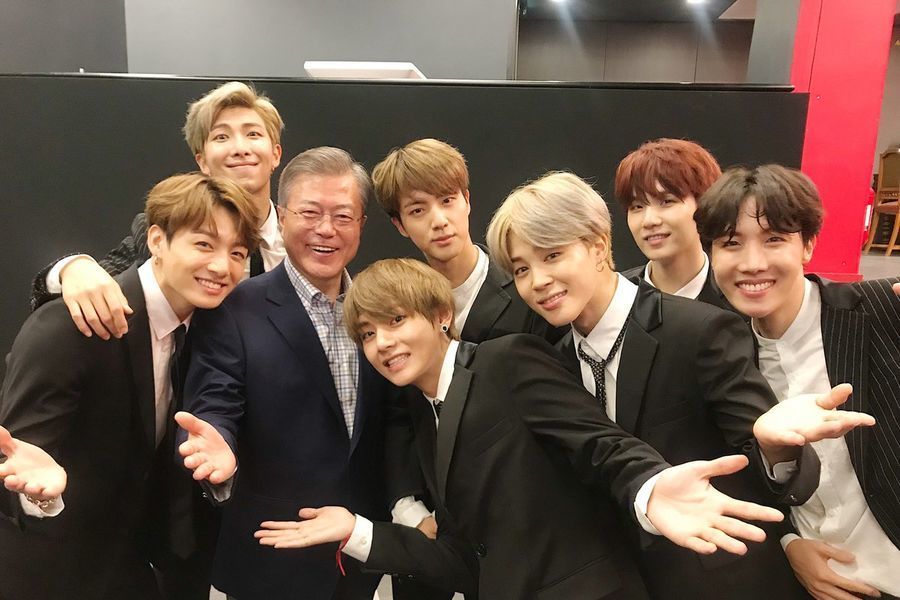
In the Hallyu day and age, the importance of news accuracy must not be underestimated. As the Hallyu wave spreads across the world, South Korea’s cultural exports translate into profits for its material exports — games, cosmetics, fashion, electronics, and more. Solely in January 2019, it was reported that the BTS fandom alone is adding $3.5 billion a year to the South Korean economy. In this regard, it is translations and news reports that keep K-pop fans in touch with Hallyu. But with restricted access to crucial information in addition to language barriers, international fans are particularly vulnerable as news consumers. They are more liable to be uninformed or misinformed about key events, resulting in them developing wrong judgment of a particular subject or scandal — particularly in the name of keeping a fandom alive.
Thus, with the increase in translated news, domestic concerns over internet transparency are now a concern for international consumers as well. This is with regards to fair access and priority, both of which can be compromised by Naver. Either one or the other (or both) may be harder to access for an international audience, rendering in them being “excluded” from crucial information. Misunderstandings among international fandoms can spread quickly but are corrected slowly. Monitoring what gets accessed, translated, and how it gets received are some of the challenges for overseas fans.
In retrospect, there will always be limits to translations. However, in the case of Naver’s misuse of journalism and their breach of its ethics, their bad habits have initiated a complicated relationship of exclusivity versus inclusivity within the global arena. Perhaps without recognizing the scale of their impact, Naver has held a power play over international fans as well, rendering them to be capable of being affected the same way as their domestic netizens.
Translations are so ingrained into fandom culture that Naver ultimately has a greater audience to consider. Whether the company finds more reason to manipulate or clarify information in the face of this worldwide audience truly reveals a lot of its priorities. Will international fans also be granted the right to know the truth about all things Korean entertainment? Or might they someday have to rally for the truth alongside Korean citizens?
(Dailian, Freedom House [1], [2], InterAd, Korea Herald, Korea JoongAng Daily, Market Watch, Naver Corp, Reuters, The Atlantic, UPI, X Sports News; Images via BigHit Entertainment, Korea Communications Standard Commission, Naver, NBC News, YG Entertainment)
